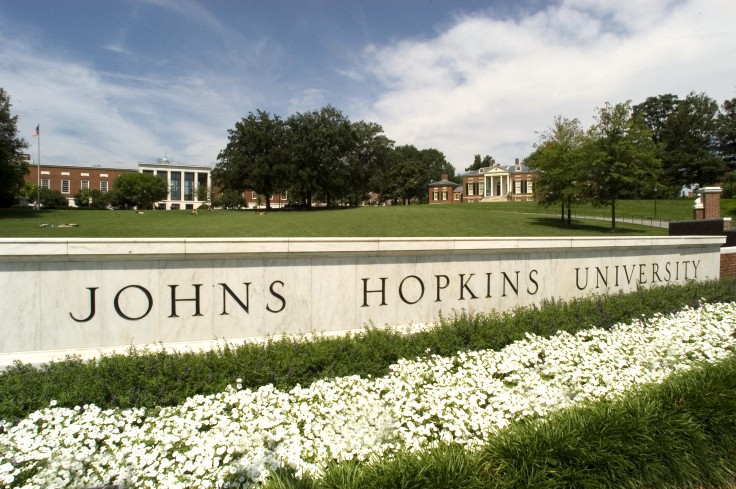14 Johns Hopkins Students Win Fulbright Grants Amid Global Funding Tensions
By
BALTIMORE (Sept. 8, 2025) — Johns Hopkins University has once again demonstrated its strength as a global education leader, with 14 students and recent graduates named recipients of Fulbright grants in the 2025–26 cycle. These awards will enable scholars to pursue research, graduate study, and English language teaching across approximately 75 countries.
This year's Hopkins grant recipients include Carter Barnett, a Ph.D. candidate in the Department of the History of Medicine, who will travel to Israel to study mission hospitals in Ottoman and Mandatory Palestine. Barnett plans to assist hospital administrators in sharing their institutions' historical narratives.
Johns Hopkins continues a decades-long tradition of Fulbright success, having been named a top producer of Fulbright student grantees for the 15th consecutive year, with a near 47.4% acceptance rate in the 2024–25 cycle.
The awards come against a backdrop of uncertainty: in early 2025, the U.S. State Department imposed a pause on fund disbursements for exchange programs like Fulbright, Gilman, and others. Though initially framed as a temporary 15-day suspension, the freeze dragged on, affecting more than 12,500 participants overseas and inviting congressional concern.
Despite some payments being restored—an estimated 85% as of late March—advocates warn that instability remains, with scholars still anxious about future support.
The Fulbright Program remains active and continues to operate, with applications currently open for initiatives such as the 2026–2027 U.S. Scholar competition. While a draft appropriations bill for Fiscal Year 2026 includes funding for the program, advocates emphasize that ongoing support is critical to ensure its stability. Although some payments to grantees have been restored, many scholars and participants remain concerned about the long-term security of federal funding, leaving uncertainty about the program's future despite its present continuation.
© 2025 University Herald, All rights reserved. Do not reproduce without permission.








